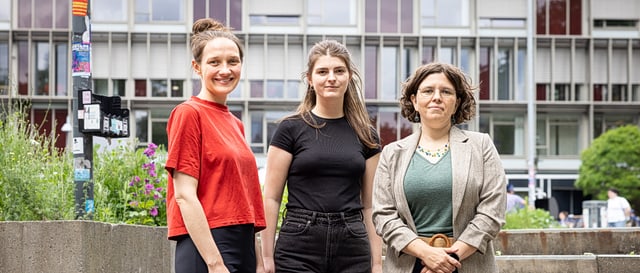Female labor force participation & male working hours

Whether it's the shortage of skilled workers, work-life balance, or social-ecological transformation, the four-day week is currently at the center of societal debates. Conflict lines, however, vary in different European countries. In Germany, where half of the women are employed part-time, an increase in female full-time employment is discussed as the "greatest hope against the shortage of skilled workers.” In contrast, the Spanish Minister of Labor, Yolanda Diaz, advocates against “long, male working hours” and for the universalization of the 32-hour work week. The question of a socially accepted working time reform cannot, as we argue, be explained solely by union power resources or the influence of existing social and tariff policy institutions but requires a fundamental analysis of the relationship between care and wage labor.
Answering how the relationship between care and wage labor influences the societal acceptance and political implementation of working time reforms, we compare the development of societal power resources around the reform of social and tariff policy institutions as well as gendered patterns of "atypical" employment in Germany and Spain between 2000 and 2020. In addition to quantitative methods, qualitative methods such as expert interviews are used.
Project lead: Prof. Dr. Katharina Zimmermann
Project implementation: Laura Lüth, M.A.
Project member: Merle Koch, B.A.
Project duration: 01.04.2025-30.09.2026
Funded by the Hans-Böckler-Stiftung.